Fasting: The Fourth Pillar of Islam

The article sheds light on fasting in Islam as well as other religions and stresses its importance in Islam.

The article sheds light on fasting in Islam as well as other religions and stresses its importance in Islam.
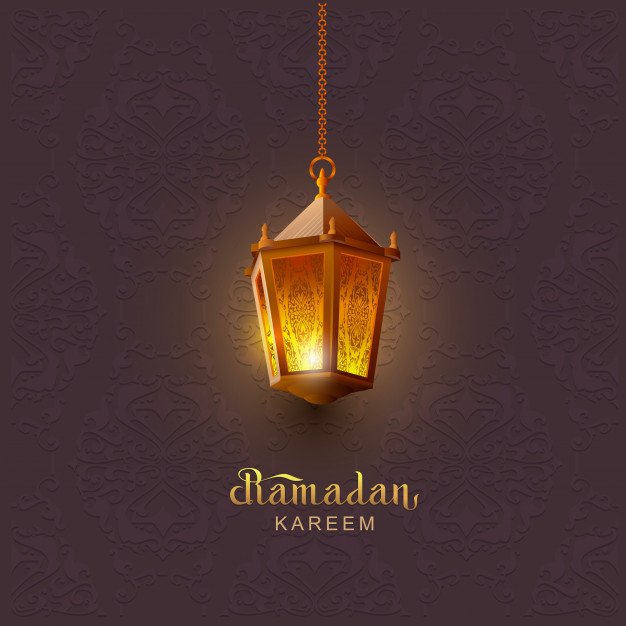
By Editorial Satff Fasting is the fourth pillar of Islam. Fasting purifies a Muslim’s body and soul. Fasting trains Muslims on how to be patient. Fasting teaches Muslims self-discipline and self-control. Fasting gets Muslims closer to God (Allah the Almighty).…
Enjoy watching this video by Dr. Bilal Philips to know more about the spiritual as well as the physical impacts of fasting in Ramadan.
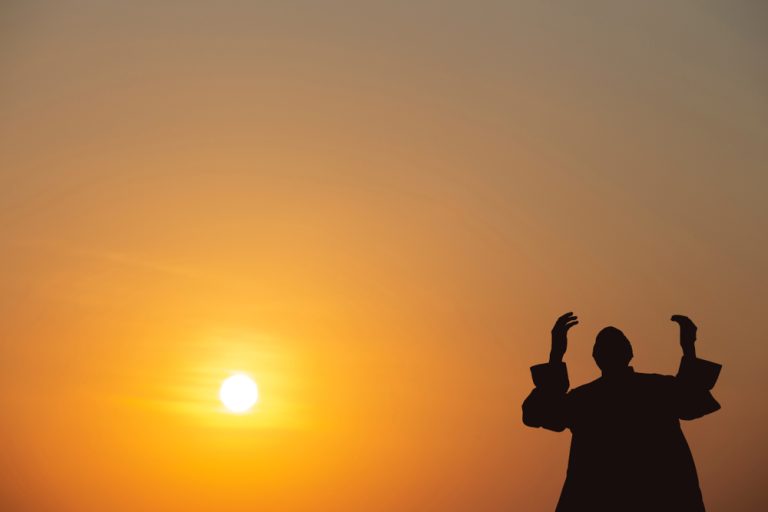
Ramadan is the month of Mercy, when God sends His mercy and compassion upon His servants.
When the month of Ramadan comes, the gates of mercy are opened.” (Muslim)

The article sheds light on the cases in which the Muslim is allowed not to observe fasting in the blessed month of Ramadan.
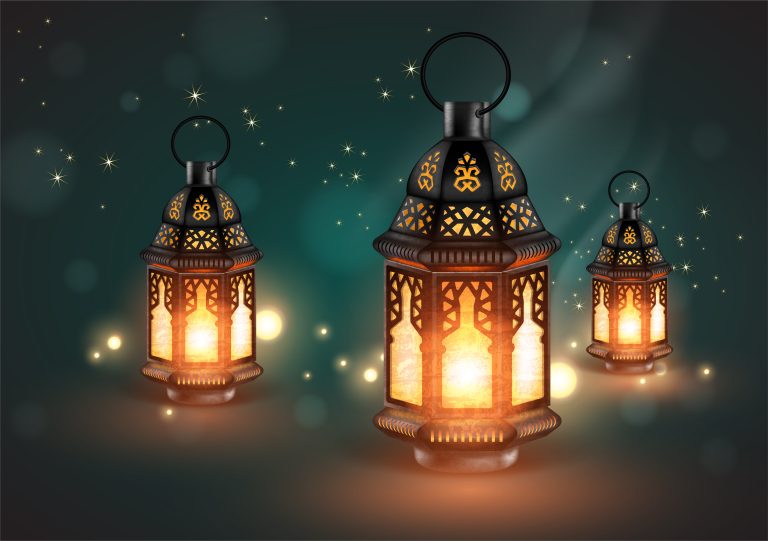
Fasting person should observe all type of obligatory tasks. He should keep away from prohibited matters. He should perform five times prayers in due time in congregation.
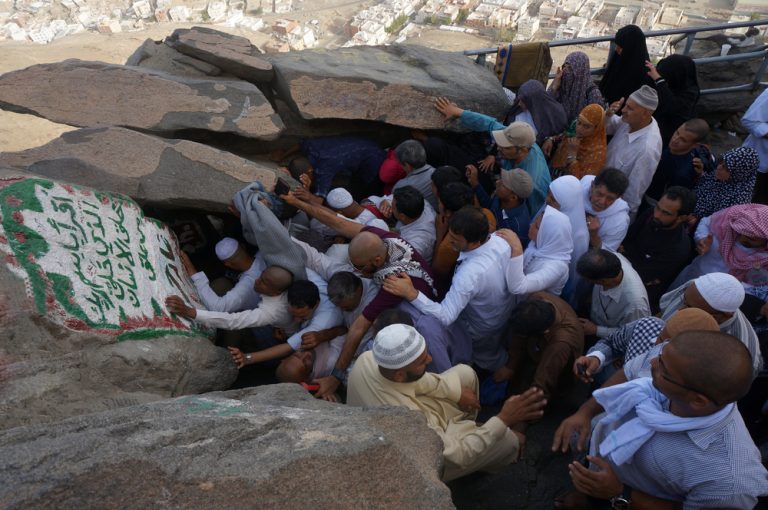
What is the story of the conquest of Makkah? What was the number of the Muslim army? How did the conquest of Makkah take place?

The article tells us how fasting instills sincerity in the heart of the believers being a special worship with special relationship with God.
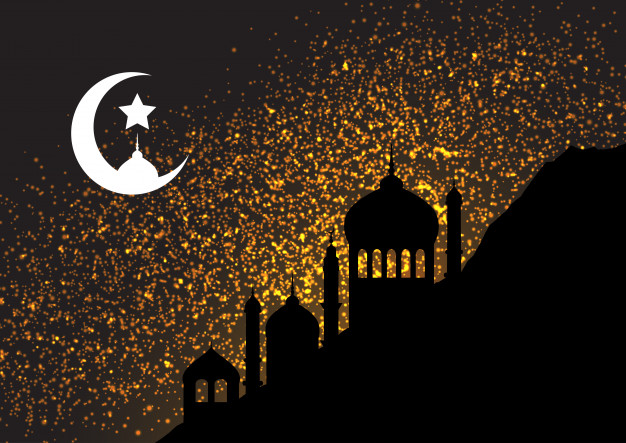
What is Laylat Al-Qadr? What are the signs of Laylat al-Qadr?Watch this video by sister Aliza Kim to know more about Laylat al-Qadr.

In this video, Ustadh Nouman Ali Khan teaches us the nuances of the phrase “Laylat al-Qadr” in Arabic, which combines the meanings of night of “decree”, “honor” and “power”.
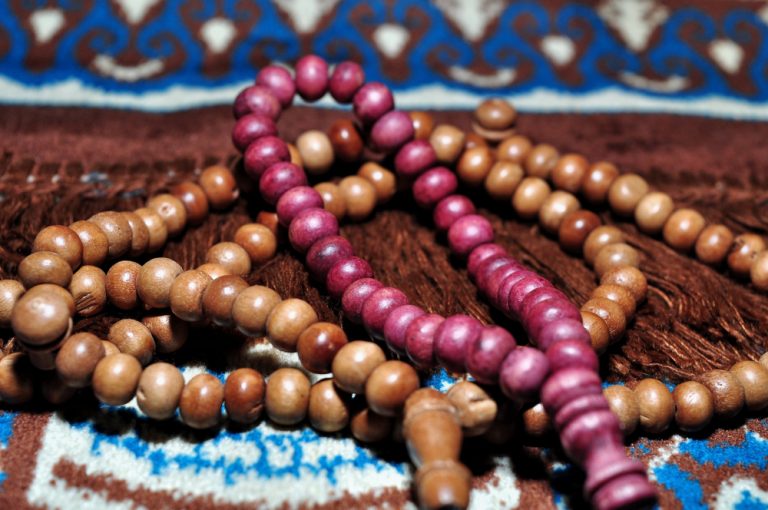
Enjoy watching this video to know more about the excellence, the merits, the time and the rewards of Laylat al-Qadr by Sheikh Zakir Naik.
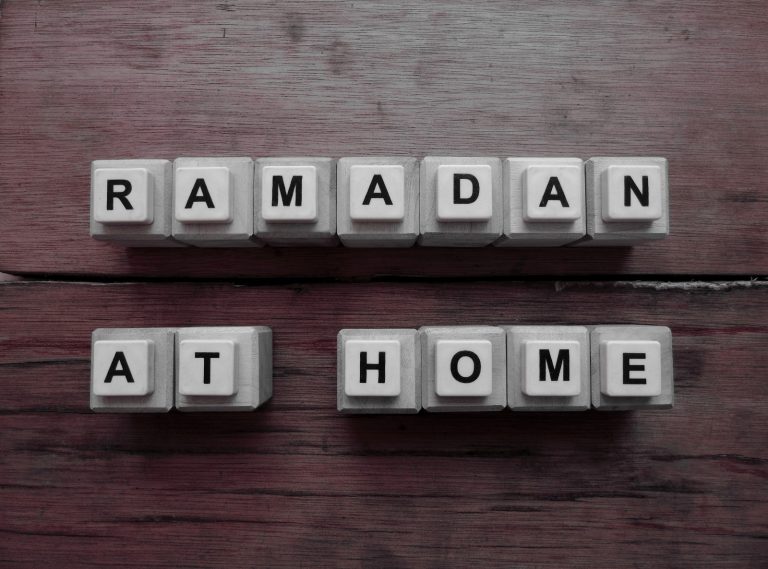
Question: In light of the wide spread of Coronavirus (COVID-19) and the closing of places of worship, it is permissible to observe itikaf (mosque retreat) at home? Answer: Answering your question, Sheikh Mustafa Umar, President of California Islamic University, states: Itikaf…

Fasting should not be seen as an objective in itself, but as a powerful means for fulfilling the Islamic purpose in human life and society. Ramadan is a springboard which energizes Muslims for the rest of the year.
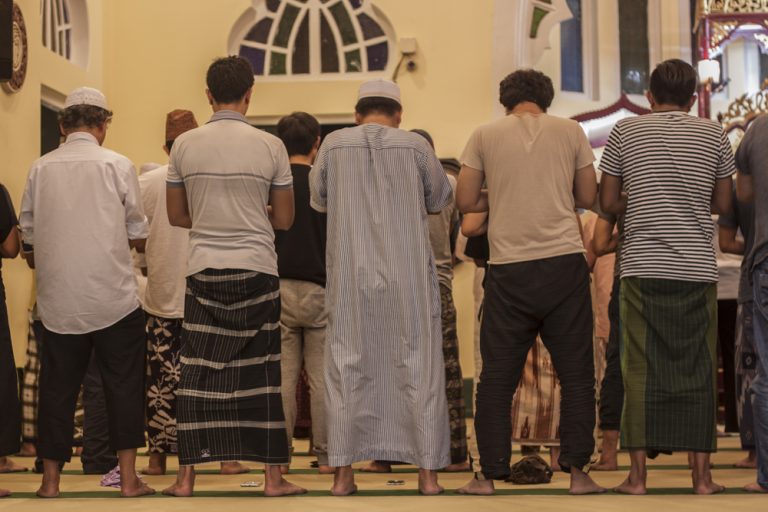
The last ten nights of Ramadan are very special. These are the nights that Prophet Muhammad (peace be upon him) would spend in constant worship.
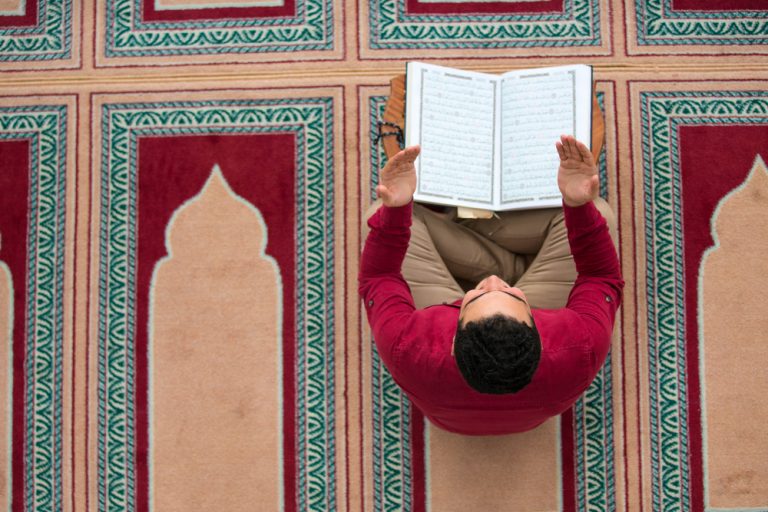
What is the meaning of itikaf? What are the nullifiers of Itikaf? What is the importance of Itikaf in the last ten days of Ramadan?
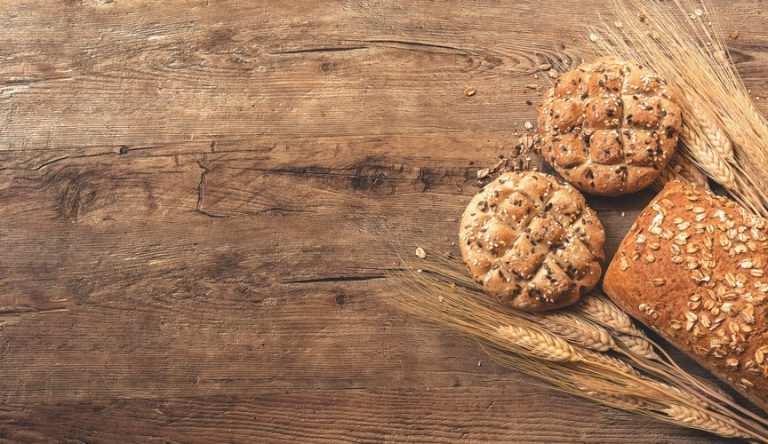
Is it permissible to pay zakat al-fitr in the beginning of Ramadan to help Coronavirus-afflicted families?
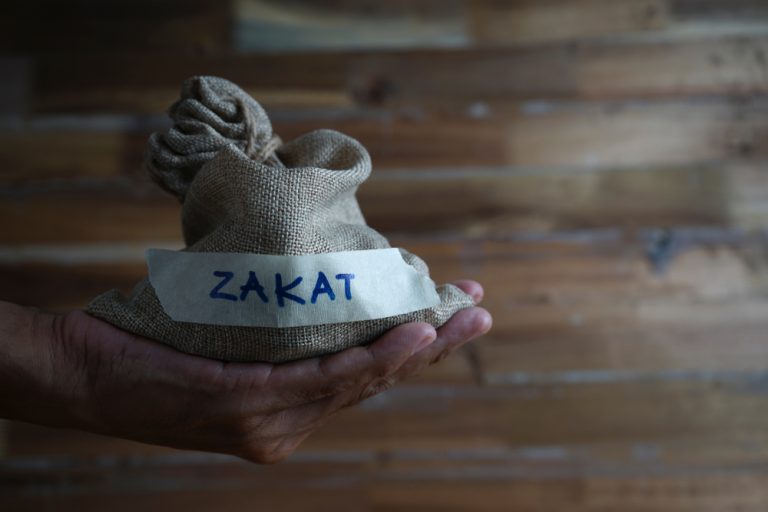
The article talks about the rulings related to Zakat Al-Fitr including its conditions, time of payment, beneficiaries, place, and other important things.
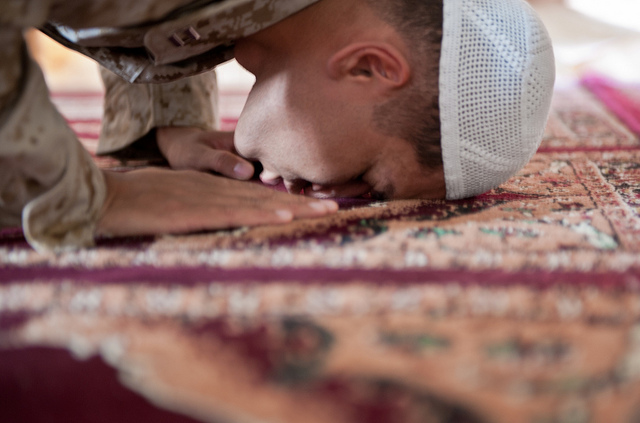
What is there after Ramadan? Do the lessons of Ramadan end with it, or continue after it? The article replies.
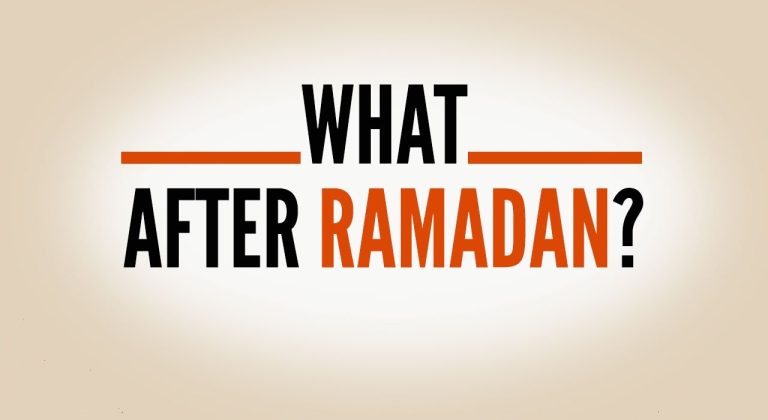
Watch this video by Sheikh Yasir Qadhi to know the required things for a Muslim after the elapse of Ramadan and some tips to keep its values in progress.